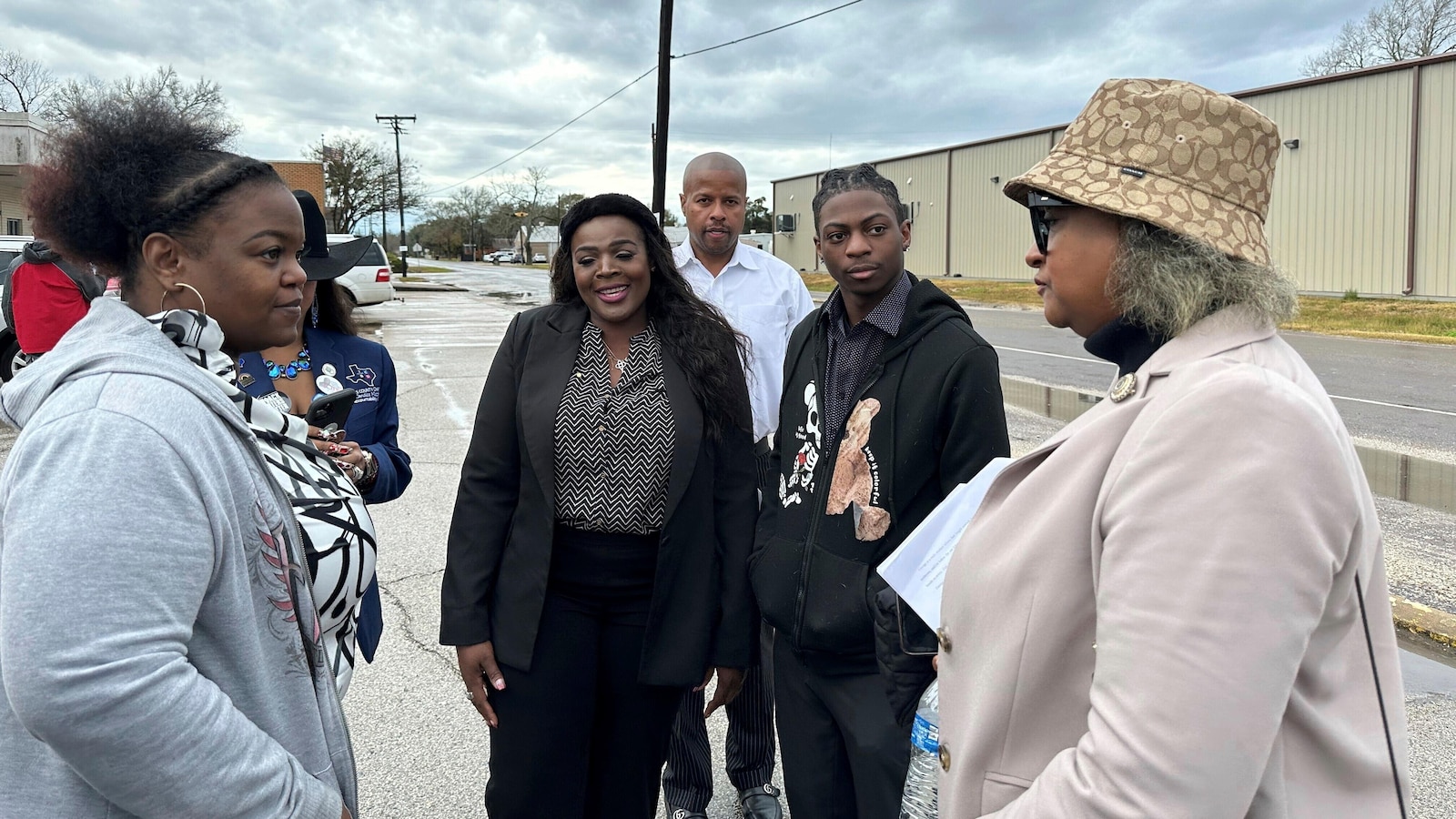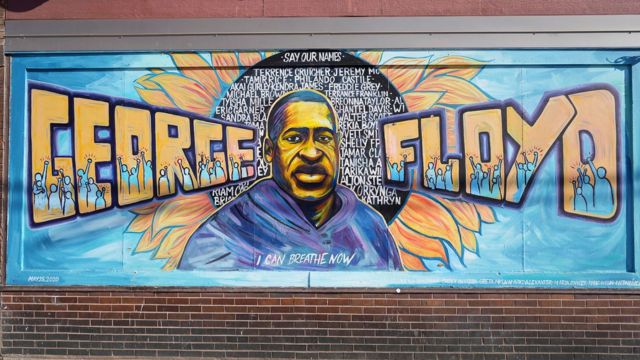In a significant legal battle over hairstyle discrimination, a judge has ordered a trial to determine whether Darryl George, an 18-year-old Black high school student in Texas, can be persistently disciplined by his school district for refusing to alter his hairstyle. George, a junior at Barbers Hill High School in Mont Belvieu, has been absent from his regular classroom since August 31, facing in-school suspension or assignment to an off-site disciplinary program.
The Houston-area school district, Barbers Hill, argues that George’s long hair, styled in neatly tied and twisted dreadlocks, violates the district’s dress code, specifically its limits on hair length for male students. The district contends that other students with similar hairstyles comply with the prescribed length policy.
Expressing stress and frustration over what he perceives as unjust punishment, George is grateful for the opportunity to present his case in court. With his mother, Darresha George, standing by his side during the Anahuac hearing, he stated, “I’m glad that we are being heard, too. I’m glad that things are moving, and we’re getting through this.”
District Judge Chap Cain III in Anahuac has scheduled a trial on February 22 for a lawsuit brought by the school district. The lawsuit questions whether the dress code restrictions, specifically those limiting the length of boys’ hair, violate the CROWN Act.

Read more:
- Dangerous icy road conditions prompt extended closures for East Tennessee schools, including Knox County
- Racist label for voucher programs sparks controversy in education
- School Experts Unhappy with Hochul’s Budget Plan, According to Education Insider
- New NJ Law: Student Mental Health Monitoring Now Mandatory in NJ Schools.
The CROWN Act is a new Texas law, in effect since September, that prohibits discrimination based on race concerning hair. It prevents employers and schools from penalizing individuals based on hair texture or protective hairstyles, such as Afros, braids, dreadlocks, twists, or Bantu knots.
Despite the upcoming trial, Darresha George expressed disappointment that the judge did not consider granting a temporary restraining order, which would have paused her son’s punishment until the trial next month. In her statement, she questioned the school’s actions, stating, “I have a son, 18 years old, that wants to go to school, that wants to get his education, and y’all messing with him. Why?”
In a sworn statement supporting the temporary restraining order, Darryl George conveyed his feelings of “cruel treatment” and emphasized the cultural and personal significance of his hairstyle. “I love my hair, it is sacred and it is my strength,” he wrote. “All I want to do is go to school and be a model student. I am being harassed by school officials and treated like a dog.”
Following the hearing, a representative from the school district chose not to communicate with journalists and did not promptly respond to an email requesting comments on the ongoing legal proceedings.
As the trial date approaches, the case of Darryl George becomes emblematic of the broader societal conversation about cultural acceptance, individual expression, and the fight against discrimination based on race and hairstyles. The outcome of this legal battle could have lasting implications for students across Texas and beyond who seek to assert their cultural identity and personal expression within the educational system.















+ There are no comments
Add yours